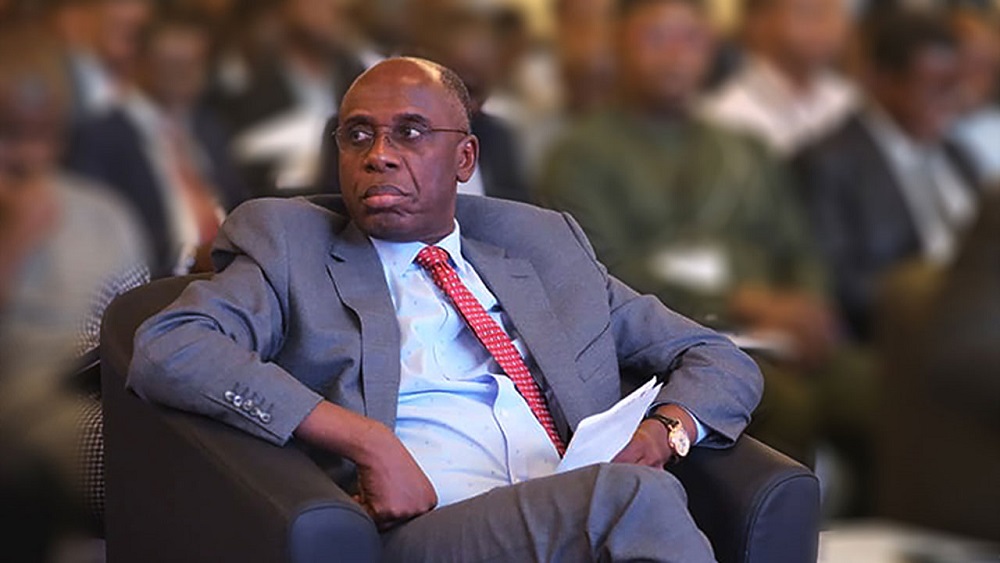The ruling All Progressives Congress (APC) has come down hard on former Minister of Transportation, Rotimi Amaechi, accusing him of inciting the youths against the administration of President Bola Ahmed Tinubu.
In an interview earlier in the week, Amaechi, a former governor of Rivers State, had flayed Nigerian youths for not protesting against political leaders over nationwide hardship.
He had said: “I’m angry with the citizens. I have said it several times. You can see a group of people stealing your money, impoverishing you, you cannot buy fuel and anything.
- FG: We’re not responsible for petrol price hike
- Banditry: Arrested Katsina village head names villagers working with him
“The people should be angry. There should be protests. Not even protests against anybody but against the politicians that ‘we won’t vote’. That is what people should be saying. The rate of hunger now… if people like us cannot afford diesel, you can imagine what is happening to those who do not have children like us.”
But reacting on Friday, the APC in a statement by its National Publicity Secretary, Barrister Felix Morka, urged Nigerians to dismiss the call to anarchy and support the President in implementing his “renewed hope” agenda for the country.
The APC said, “For almost all of his adult life, Amaechi, has been a leechy dependant on state resources, a voracious beneficiary of official patronage, and a leading participant in the generational devastation of our country’s economy.
“Attempting to hoodwink Nigerians into his web of false empathy and incitement to violence is hypocritical, provocative and dangerous.
“If those in power ‘steal money’ as Amaechi mischievously alleged, how come he can’t afford ‘to buy diesel’ barely two years after ‘stealing’ for over 24 years in power as Speaker, Governor and Minister?
“The only real anger that Amaechi and his fellow tribesmen of naysayers of the likes of Atiku Abubakar, Peter Obi, and Rabiu Musa Kwankwaso, must feel is that they are not in the saddle of government today.
“But that was a decision made by Nigeria’s ultimate political authority – the electorate. Nigerians are highly perceptive, discerning, demure, and mindful that economic discomforts associated with the administration’s inevitable reforms are transient and will pale into insignificance in comparison to the enduring transformative dividends which are already beginning to manifest.”

 Join Daily Trust WhatsApp Community For Quick Access To News and Happenings Around You.
Join Daily Trust WhatsApp Community For Quick Access To News and Happenings Around You.


